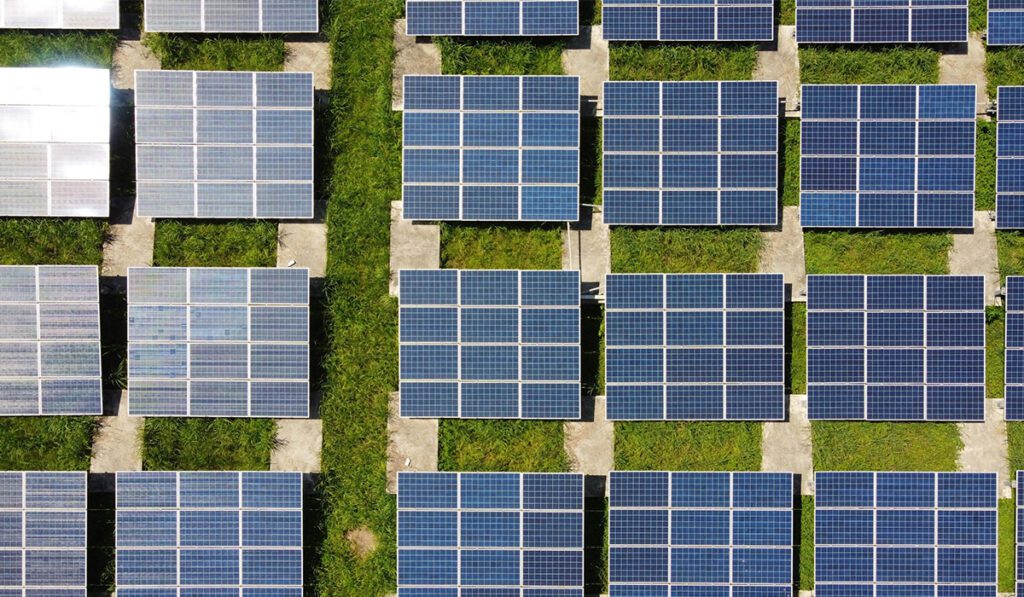Historically, solar PV funding has been a major barrier to entry. High capital outlay and protracted payback periods have deterred many businesses from taking the plunge and bringing a proportion of their energy generation in-house.
But the global cost of PV panels dropped 82% between 2010 and 2019 and the electricity wholesale market is stubbornly refusing to recover from the gas price crisis. This has led to renewables of all kinds becoming more attractive prospects for businesses with drastically shorter payback periods.
In the UK, energy security and increased exposure to wholesale markets has seen the government fast-track large-scale renewables projects. Meanwhile, businesses with high consumption are now considering ways of not only protecting their own consumption, but also contributing to grid balancing projects as a revenue source.
For businesses looking to install solar PV systems, there are a range of options on how to fund this.
Solar PV Funding options
Purchase outright
The most straightforward method of purchasing a PV system, businesses with strong enough cashflow to purchase systems outright can do so.
Pros:
- Instant saving versus market rates
- The system is a fully-owned asset with maximum flexibility of usage
- There will be an installation saving on interest rates
Cons:
- High capital outlay
- Full responsibility for maintenance and repairs costs
Asset finance
There are a range of increasingly competitive finance arrangements available through specialist renewables funders and installers. Interest rates are usually between 3.5% and 7%. As with all financial arrangements, there are credit and trading term restrictions per lender.
Pros:
- Despite the purchasing method, carbon reductions are realised immediately
- Energy cost savings often outweigh repayments
- Accessible method of funding installations regardless of cashflow
Cons:
- Overall, this funding option is more expensive than purchasing outright
- The system will show as an asset on your business’ balance sheet, however it is technically owned by the finance provider until the agreement is paid and complete
Power Purchase Agreement (PPA)
Specifically created for renewables installations, a PPA will allow your business to install a system at no cost and purchase the energy that system generates.
Pros:
- No capital outlay
- Access to cheap, sustainable power
- Typical savings on price of 15% – 30% versus the market
- Improved energy security with on-site generation
- System maintained by the owner
- Prices are fixed for an agreed period up to 25 years, exclusive of inflation
Cons:
- You don’t own your system
- You will need to provide premises access to the system owner for maintenance and other checks
- Your use of the system is limited to the scope of the PPA, meaning that if it has capacity to generate more than your building’s required consumption, you would not benefit from export to the grid
Solar PV Funding conclusion
Overall, capital requirements associated with the installation of renewables have never been less significant.
Historically high wholesale energy prices mean that renewables project payback periods now fall within ROI policies for many larger businesses.
If you would like to work out potential savings associated with a solar PV project, you can gain an instant estimate using our Power Purchase Agreement Solar PV Calculator.

